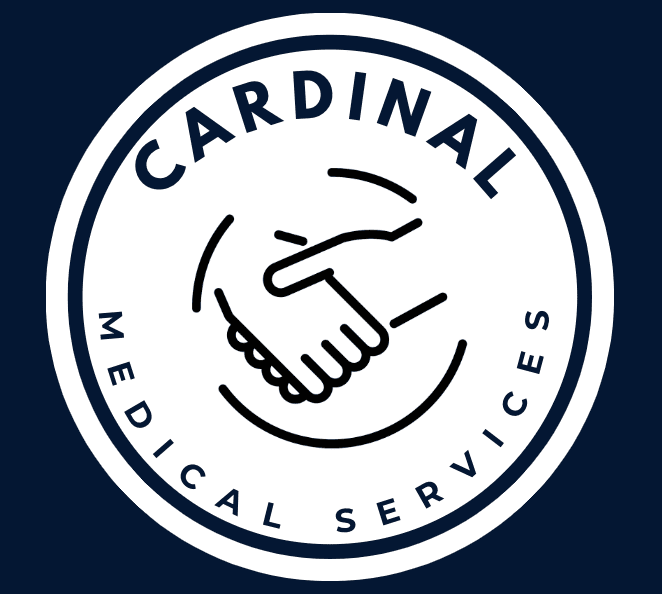
Incorporating Non-Medical Costs in Medical Case Costing

Non-Medical Costs Play A Significant Role
When estimating the cost of a medical case, it’s easy to focus primarily on direct medical expenses like surgeries, medications, and rehabilitation. However, non-medical costs play a significant role in the overall financial picture, often adding up to substantial amounts that can’t be overlooked. Non-medical expenses include transportation, home care, modifications to living spaces, and support services that are essential for a patient’s quality of life but aren’t always covered by insurance. These costs can be especially burdensome for individuals with chronic conditions or long-term disabilities, where daily living adjustments are necessary to accommodate their needs.
Ancillary Expenses
Accurately estimating these ancillary expenses requires a comprehensive understanding of the patient's lifestyle and specific needs. For example, transportation costs can vary greatly depending on whether a patient needs a modified vehicle, frequent travel for medical appointments, or specialized transport services like wheelchair-accessible vans. Home care costs are another critical factor; the level of care required can range from occasional visits by a home health aide to around-the-clock assistance, each with vastly different price tags. Furthermore, modifications to the home, such as installing ramps, widening doorways, or adapting bathrooms for accessibility, represent one-time expenses that can still be quite costly.
Family Members as Caregivers
In addition to the immediate and visible non-medical costs, there are also indirect costs that can subtly erode a patient’s financial stability over time. For instance, family members often take on caregiver roles, which can lead to lost wages, reduced work hours, or even job loss. The emotional and physical toll on caregivers can further necessitate additional support services, such as respite care, to prevent burnout. These indirect costs are harder to quantify but are crucial to acknowledge, as they directly affect the broader financial and emotional ecosystem of the patient’s support network. Ignoring these aspects can lead to underfunded care plans that fail to provide sustainable, long-term support.
Bringing It All Together
Addressing non-medical costs in medical case costing is not just about financial precision; it’s also about advocating for a patient’s complete well-being. These costs often directly impact the patient’s ability to live independently and maintain a semblance of their previous lifestyle. Overlooking or underestimating these expenses can result in financial strain and reduced quality of life for the patient and their family. By taking a holistic approach that includes both medical and non-medical costs, planners and advocates can ensure a more accurate and humane representation of what is truly needed for a patient’s ongoing care and comfort.
P.S. If you think you would like to work with Dr. Lawler, please click here and fill out his intake form. Or, you can call or text 619-241-4942 to get ahold of him directly.
Share This Post On:
Recent Posts
- « Previous
- 1
- 2
- 3
- Next »
© 2026 Cardinal Medical Services, Inc. All rights reserved.









